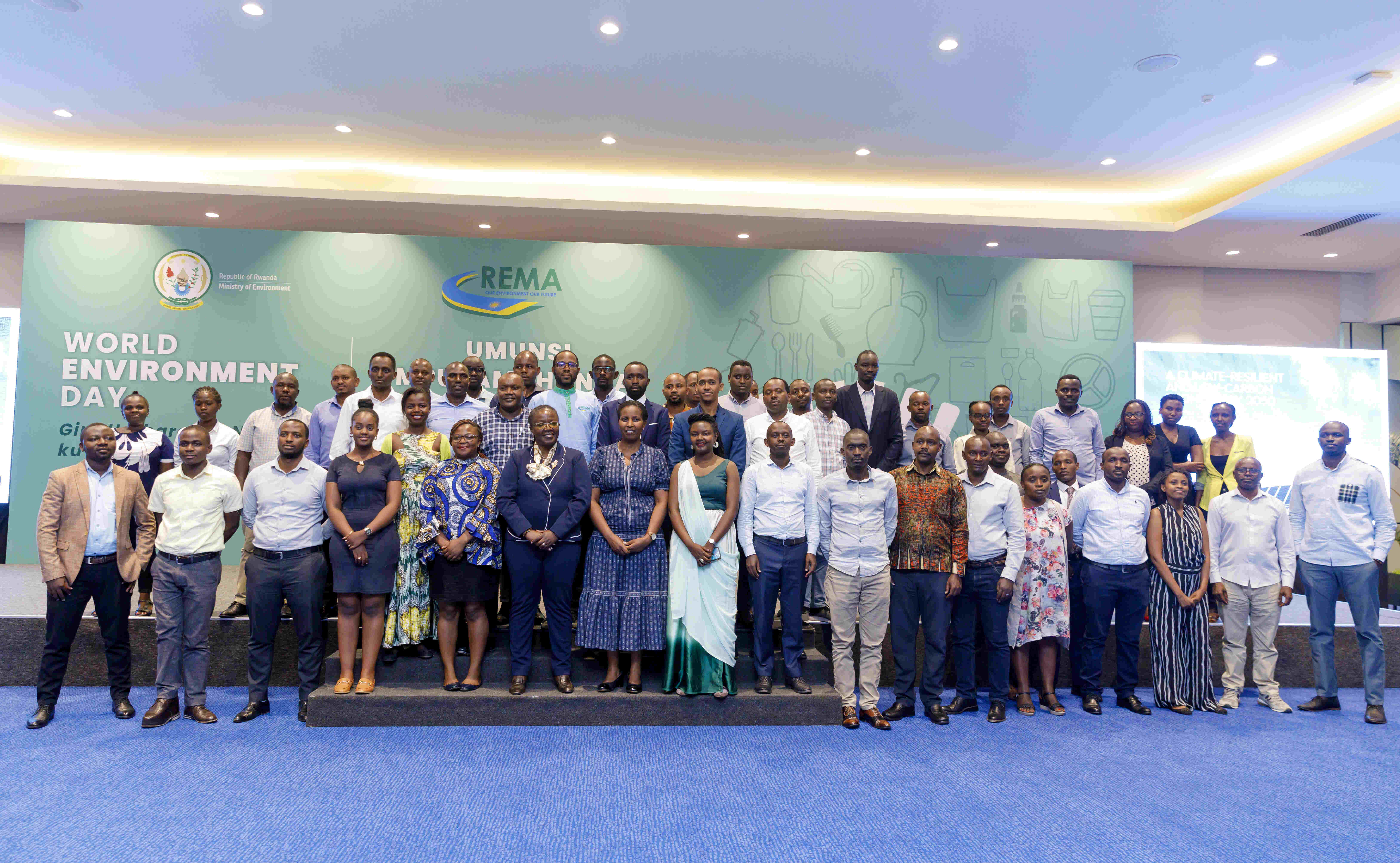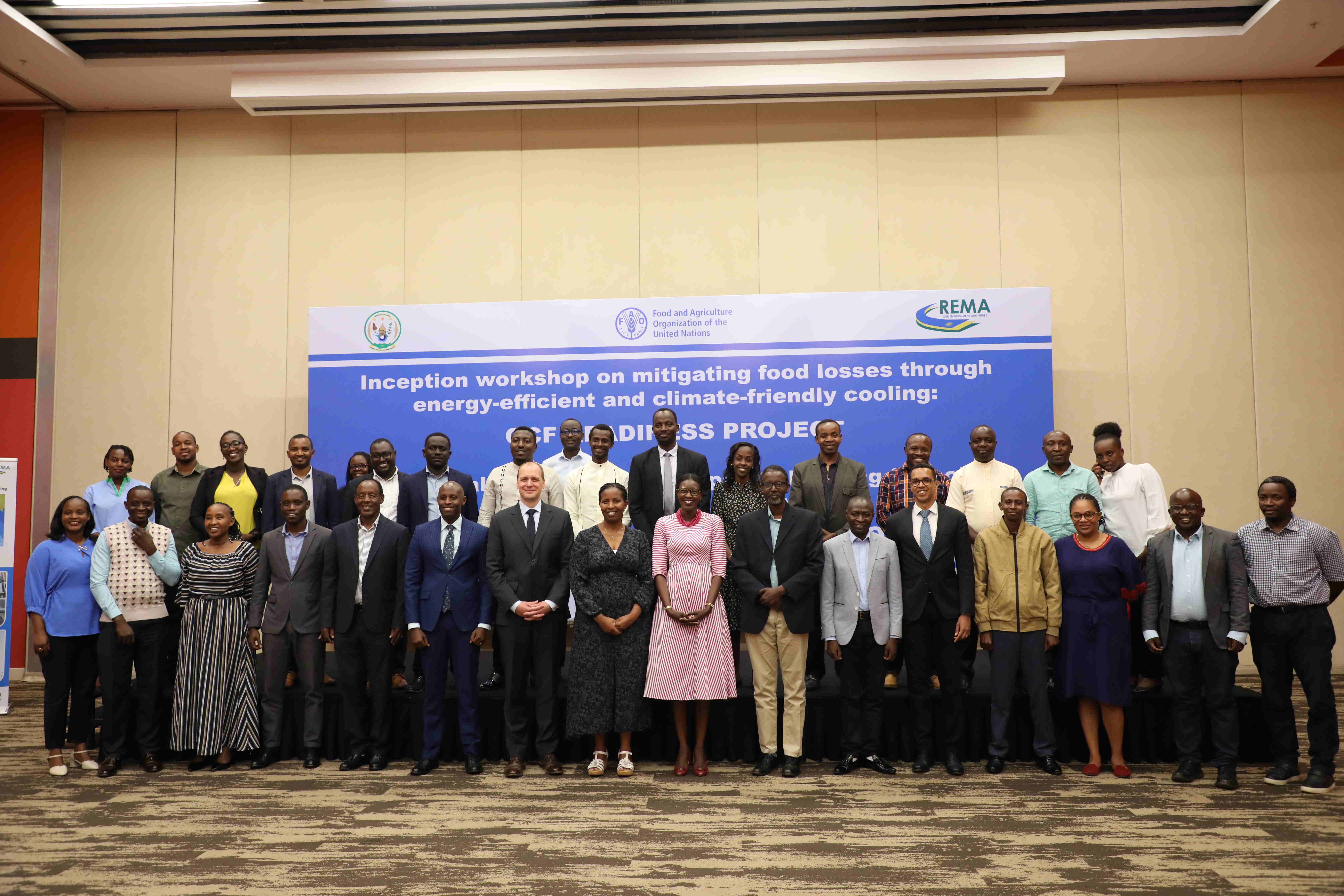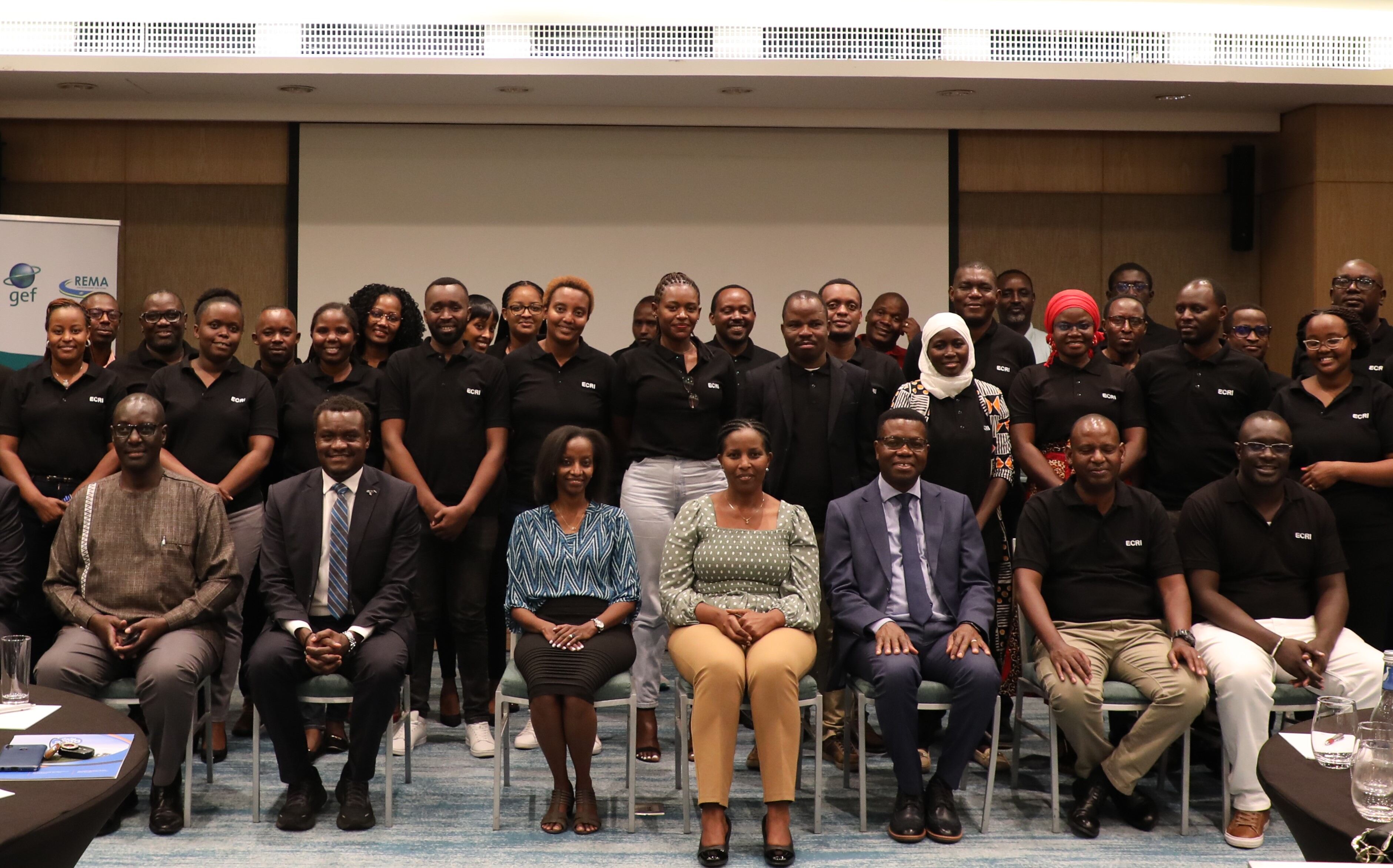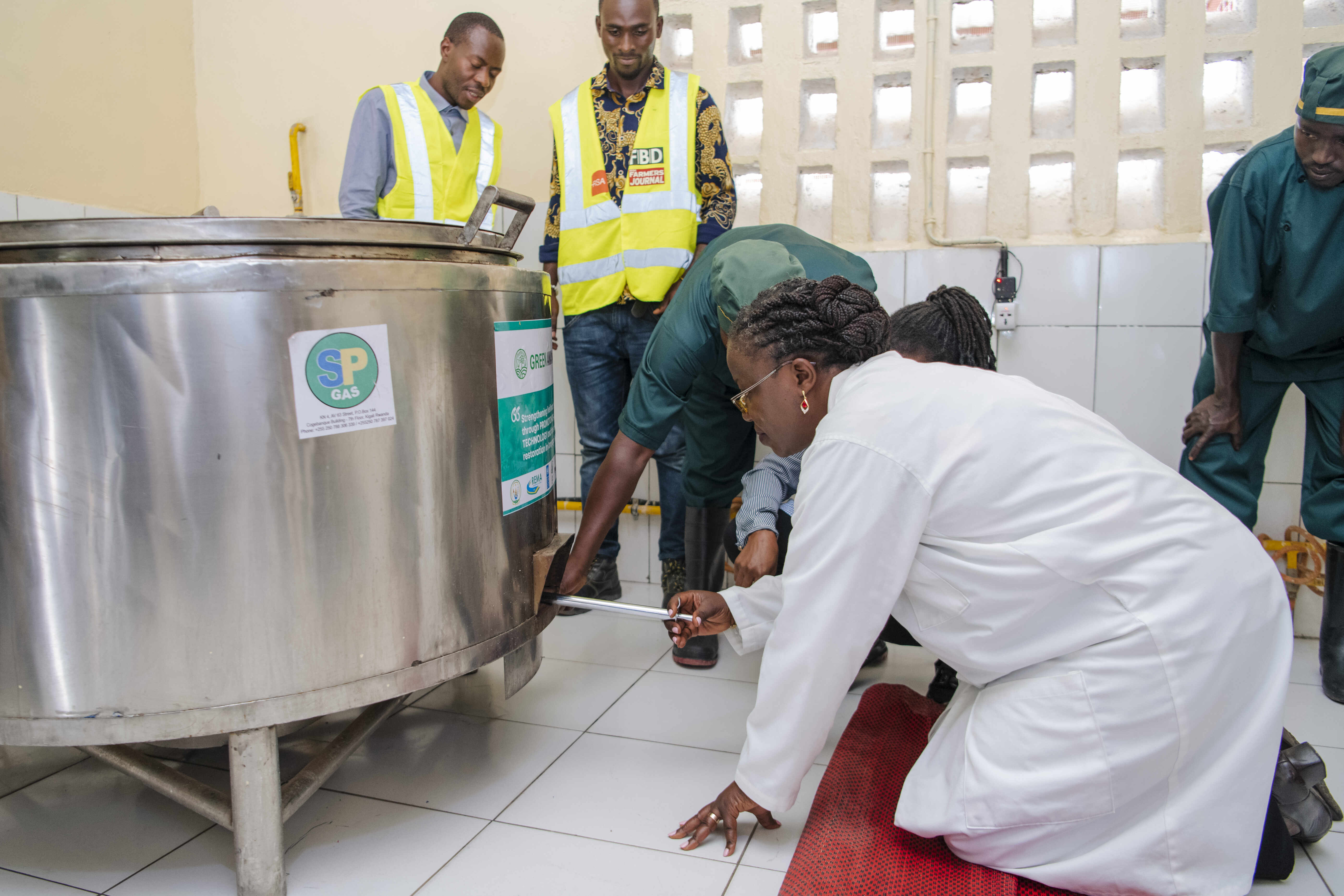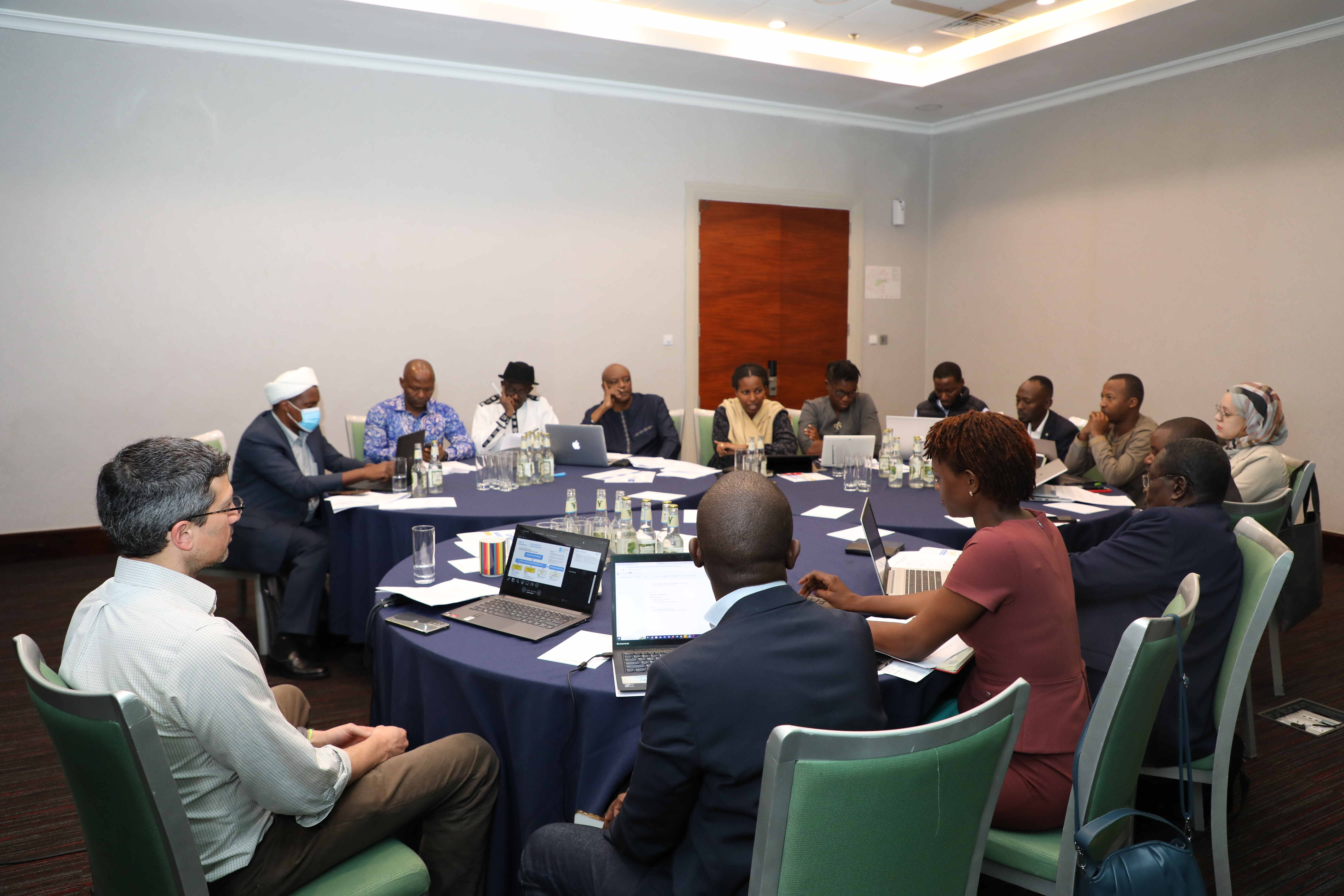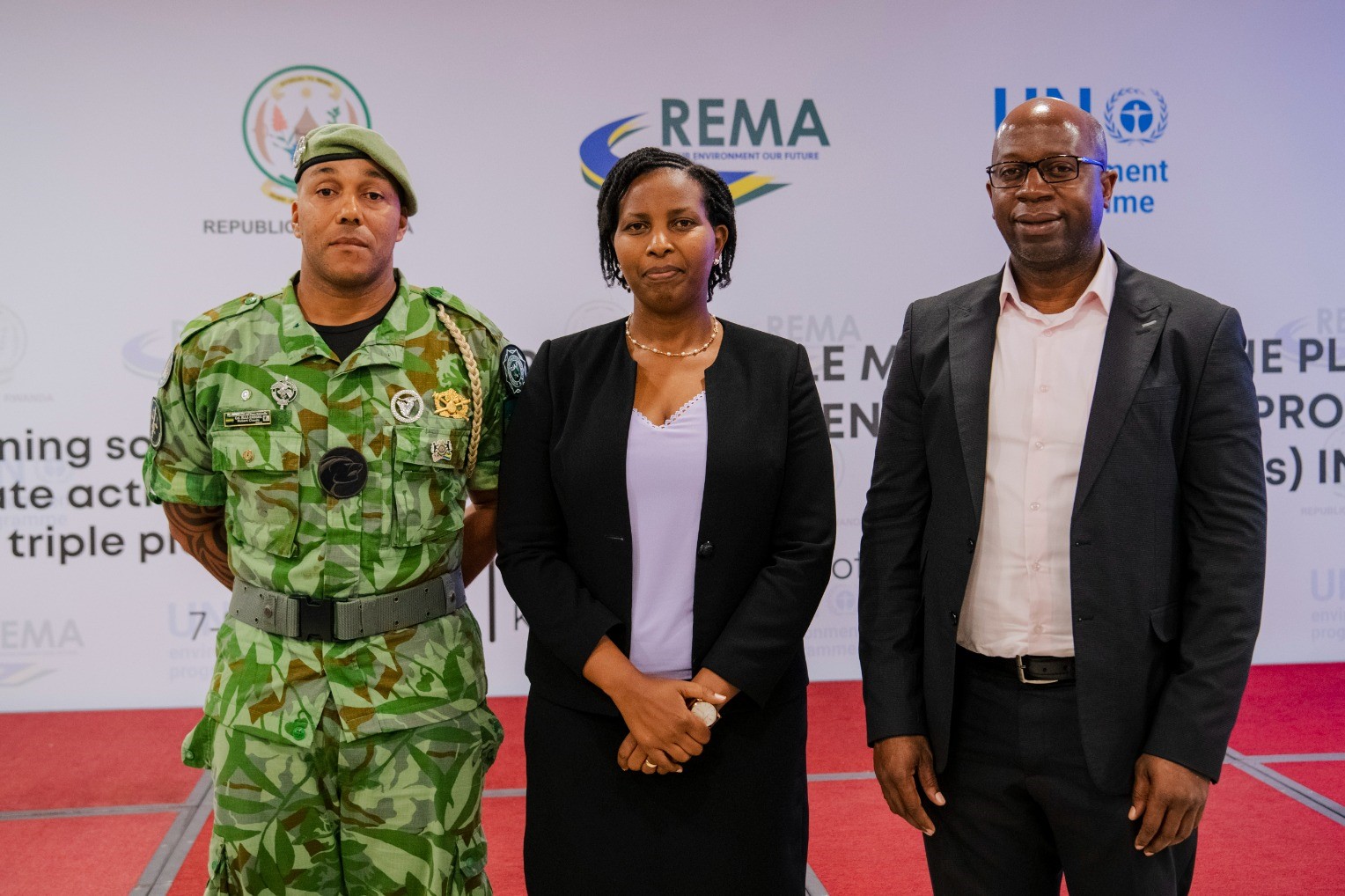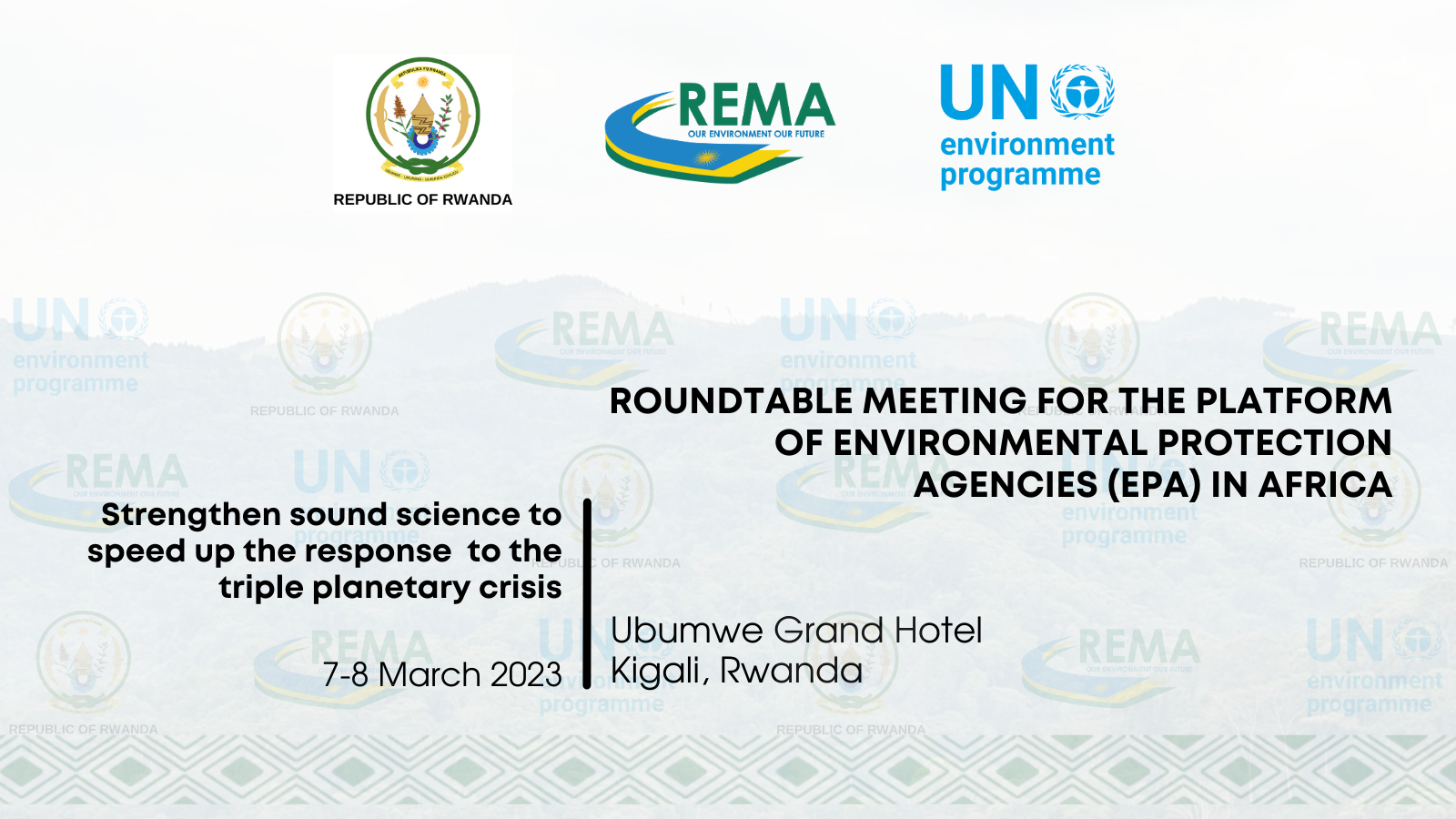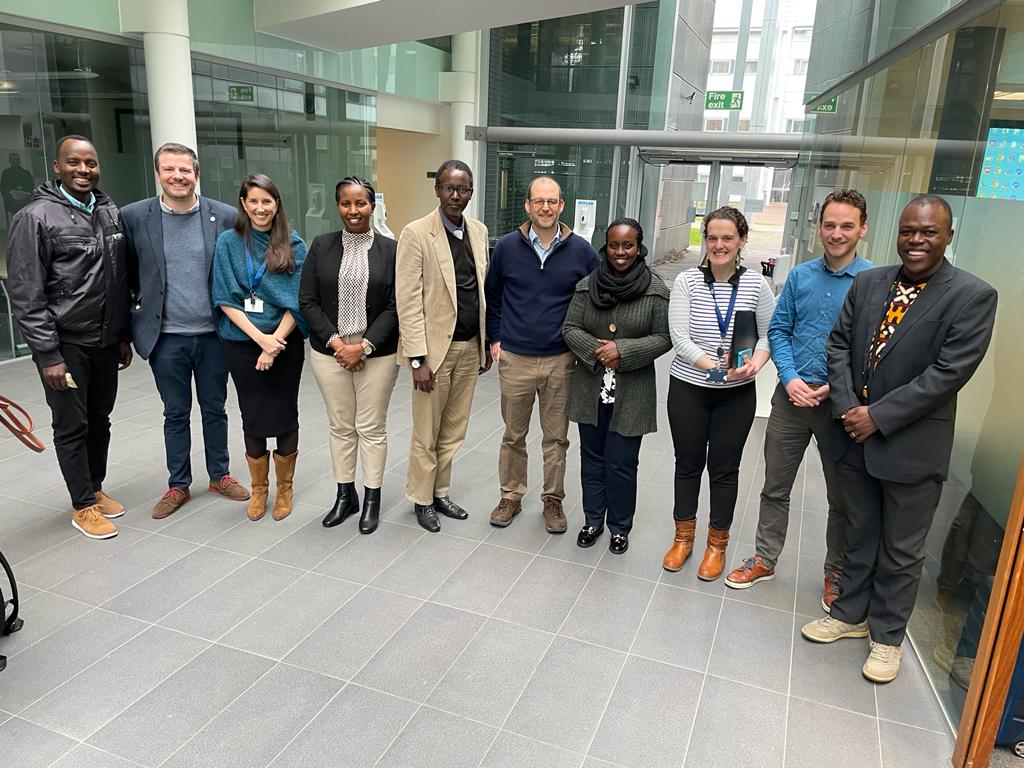
Speech of Permanent Secretary of Ministry of Environment on the Celebration of the International Day for Biological Diversity 31/05/2021
I am delighted to welcome you to the celebration of the International Day for Biological Diversity. This Day is normally celebrated on 22nd May with the aim of raising understanding and awareness on biodiversity and its critical importance for human life and development.
We have decided to celebrate it today, in the week dedicated to Environment in our country, because we find the theme for the Biodiversity Day which is “We are Part of the Solution for Nature” in alignment with the World Environment Day’s theme: “Ecosystem Restoration” which indeed brings in focus on reshaping relationship with nature.
This year’s theme emphasizes last year slogan, “Our Solutions are in Nature”, this means we have to find the solutions to current nature degradation and biodiversity loss because the future for us and our descendants depends on nature and ecosystems goods and services they provide us.
Biodiversity, represented by all life forms on earth, being those that we can see with our eyes or those that we cannot see with naked eyes, plays a critical role in respective ecosystems. Living organisms are the bedrock from which well-functioning processes in nature, supply us with the oxygen, water, all kind of foods and medicines that are indispensable for our survival. Biodiversity contributes to clean our environment, to make our planet beautiful with wonderful landscapes. All this enhance our cultural, spiritual and social life.
Biodiversity is also important for the economy. It is estimated that the global ecosystem services provide yearly benefits of more than one hundred trillion US dollars.
Rwanda has enjoyed strong economic growth in the last two decades, and as in many developing countries, this growth relies on natural resource exploitation. Indeed environmental resources and systems are the basis for socio-economic prosperity and quality of life, they provide goods and services that are essential for food and energy production, industrial and manufacturing development, pollution and disease control and climate regulation to mention but a few.
However, traditional GDP growth doesn’t account for resource depletion and environmental degradation which, in long term, risk to decrease the potential for economic growth and development.
Contribution of environment to the economy at a glance:
- Tourism, which is manly nature-based in Rwanda, is currently the fastest growing sector of the economy and has overtaken coffee as the leading foreign exchange earner for Rwanda. Since 2010, tourism has contributed more than $200 million to the country’s economy up to $404 million in 2019. The number of visitors to national parks increased from twenty four thousands in 2005 to to more than one hundred thousands in 2019.
- Much needed electricity to fuel the economy and households is drawn from renewable energy (Hydropower and solar) which makes up 70 % of total energy production.
Biodiversity is also critical for climate mitigation and climate resilience by storing carbon and reducing impacts of climate change. Adversely climate change can induce negative impacts on biodiversity and ecosystem services putting life at risk.
Despite all the benefits that we derive from biodiversity and ecosystem services, globally, the trend is that our activities have been consistently destroying or degrading the environment, resulting in huge biodiversity and ecosystem services loss. Triggered by various interests and policies, farmers, miners, foresters, businesses, fishers, institutions are exerting tremendous pressure on nature and biodiversity through overexploitation, pollution, mismanagement to mention but a few.
We are part of biodiversity and we are biting the hand that feeds us
Destroying the nature has a boomerang effect. Indeed we are impacted by the consequences of this destruction in different ways: food insecurity, water scarcity, climate related disasters inducing huge economic losses and new diseases like the COVID-19 that is devastating the humanity currently.
We are part of the solution
Let us be part of the solution otherwise we are paving the way to our own extinction. Individually and collectively, nationally and globally we can change the current pathways of destroying biodiversity and release the pressure.
Being part of the solution is by:
- creating knowledge to understand better the complexity of nature and how to conserve it,
- changing our consumption and production patterns,
- reducing or stopping economic and financial incentives that are detrimental to biodiversity, involving local communities in conservation and restoration of ecosystems on which they depend.
In our country, considerable progress has been made to curb biodiversity loss through developing policies and strategies geared to protect and conserve biodiversity, to reduce pressure on our forests, to restore degraded ecosystems. We are part of the global frameworks to conserve biodiversity, combat land degradation and impacts of climate change. We have committed to Bonn Challenge and Paris Agreement just to mention but a few.
However the work ahead to conserve nature is still huge. We need to establish strong collaboration mechanisms regionally and globally as ecosystems don’t know boundaries. We are happy to be with the European Union today and we are confident that this collaboration is going to be enhanced.
“Let us be the solution for Mother Nature by bringing transformative change in our everyday activity to conserve biodiversity and ecosystems. Saving the Nature is Saving our Life”. PS Karera Patrick
Thank you
Topics
More posts
RWANDA MARKS WORLD ENVIRONMENT DAY AFTER WEEKLONG CAMPAIGN PROMOTING SOLUTIONS TO PLASTIC POLLUTION
Rwanda has on June 5, 2023 joined the rest of the World to mark the World Environment Day (WED 2023), which is marked with the theme Beat Plastic…
Rwanda and partners launch two projects to advance energy efficiency and sustainable cooling
The Government of Rwanda, through the Rwanda Environment Management Authority (REMA), the Food and Agriculture Organization (FAO) and the Green…
REMA launches the Evidence-based Climate Reporting Initiative to advance climate research and reporting
The Rwanda Environment Management Authority (REMA) in collaboration with the African Institute of Mathematical Sciences (AIMS) have on May 19, 2023…
National Ozone Officers meet in Kigali to discuss the implementation of Montreal Protocol and its Kigali Amendment
The Rwanda Environment Management Authority (REMA) in collaboration with the United Nations Environment Programme (UNEP)’s OzonAction has organized a…
Minister Mujawamariya officiates the use of LPG donated to 20 schools by REMA through Green Amayaga Project
The Minister of Environment, Dr. Jeanne d’Arc Mujawamariya has on 3rd May 2023 launched the use of Liquefied Petroleum Gas (LPG) for bulk cooking in…
Delegates from across Africa meet in Kigali to Develop Priorities and Strategies for International Legally Binding Instrument to End Plastic Pollution
The Rwanda Environment Management Authority (REMA), in collaboration with the Environmental Investigation Agency (EIA) and the Center for…
Rwanda elected to chair Platform of Environmental Protection Agencies in Africa
The first-ever roundtable meeting of Heads of Environmental Protection Agencies and Directors of Environment in Africa (EPAs) has elected Rwanda to…
Rwanda to host African Heads of Environmental Protection Agencies to discuss common environmental challenges
Rwanda will from 7–8 March 2023 host the first meeting of the Heads of Environment Protection Agencies and Directors of Environment in Africa (EPAs).
…Delegates from Rwanda conduct a strategic tour in UK to pave the way for the operationalization of ACES
Rwandan Delegates and the Africa Centre of Africa Centre of Excellence for Sustainable Cooling and Cold-Chain (ACES) Project team are participating in…
